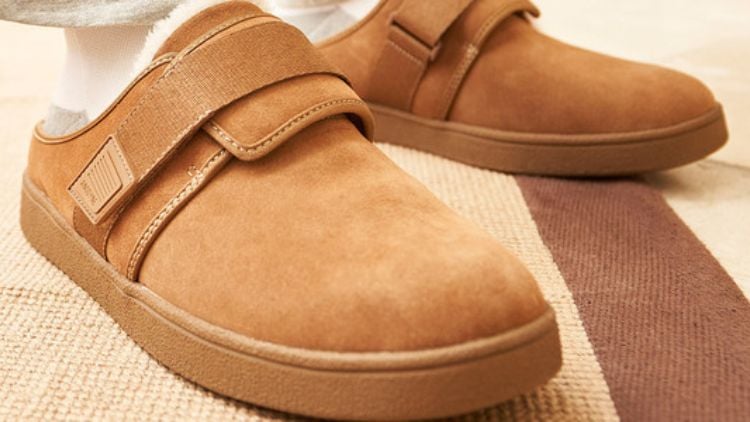
Receiving a diabetes diagnosis means you must make numerous lifestyle changes. Sometimes, these changes are small—like forgoing that cookie in the cupboard or shrinking your portion size. Some are far more serious, such as managing blood sugar and incorporating the right exercise regimen. Regardless, there are a few things you might want to learn as you navigate these lifestyle adaptations. One major change is where and when you should wear your shoes. If you have a question about whether people with diabetes should wear shoes in their homes, we got you covered. Read on to learn more about this crucial consideration.
They Definitely Should Wear Shoes at Home
This part is straightforward: it’s beneficial to wear diabetic shoes in the house. Leaving your feet unprotected, even in the comfort of your own home, can come back to haunt you because foot injuries are more serious for those with diabetes. It might be a small but common mistake, such as stubbing your toe, or something more serious such as stepping on glass shards. Regardless, accidents happen, and you want to be prepared for them when they do. When people with diabetes wear shoes at home, they safeguard themselves from accidents that can grow into real problems.
Possible Barefoot Injuries
We mentioned a few injuries you might have to endure above, but there are many injuries we didn’t touch upon. You could experience thermal burns on the bottom of your feet, especially when you walk on hot surfaces, including sun-baked concrete. Cuts and abrasions are common, especially when you drop something made of glass in your house. Even if you get most of the large shards of glass up, you could miss a smaller shard that then injures you. And while stubbing a toe seems like a minor injury, even this small event can cause foot issues like foot ulcers, so don’t underestimate the importance of protecting your feet at home.
Possible Complications
So, what other complications can you experience from injuring your feet at home when you have diabetes? The most common issue is infection. This issue is more likely to occur when you fail to check your feet often. Some people with diabetes have diabetic neuropathy, which is nerve damage caused by high blood sugar levels. The problem can be permanent and has a significant side effect: you can experience numbness in the feet and legs. You may not feel an injury when it occurs, making the chance of infection even more likely. Another complication is gangrene; amputation might be the next step if the infection goes too far.
If we’ve convinced you to buy men’s diabetic slippers to defend your feet from injuries, we suggest you shop with us here at Anodyne. Anodyne is a leading shoe supplier, and we would be happy to help you find the right fit to keep you comfortable and safe at home.


.png?width=116&name=Anodyne_circle_1_logo%20(2).png)
